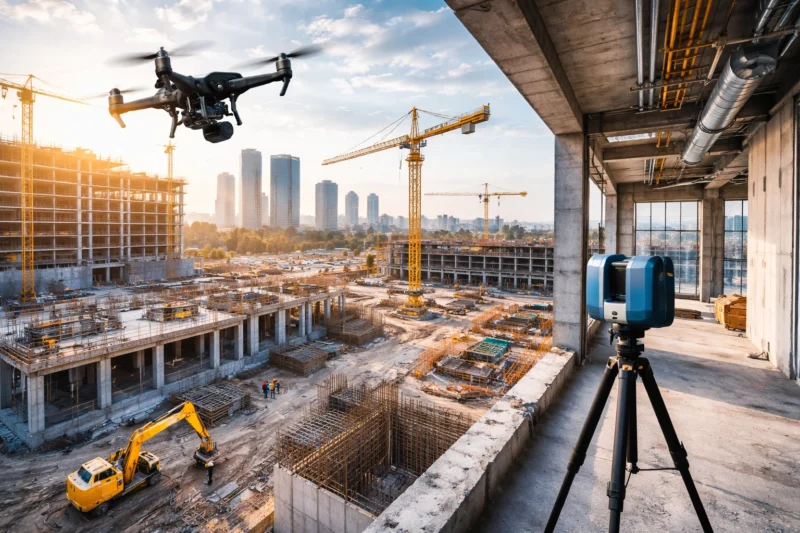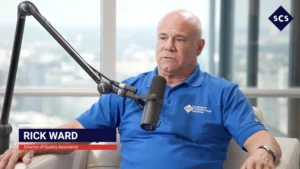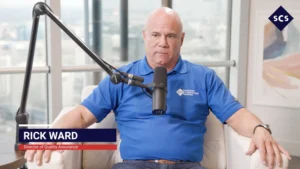Composites Offer a Superior Alternative to Metals: Find Out Why
Composites attain the best attributes of traditional materials by leveraging chemical processes. Typically, composites consist of two or more base components. The simplest composites are formed by combining some form of resin with a corresponding hardener. In combining these products, a chemical reaction occurs then, the final composite hardens and becomes stronger than the materials by themselves.
With this makeup, composites are revolutionizing the design process and end-products across many industries from aerospace to renewable energy. Composites are increasingly replacing metals, offering a competitive price, lighter weight, and design flexibility. There is a strong argument for composite superiority versus metal in a variety of applications.
Composites Are Widely Used Across Diverse Markets
Did you know that composites can be found in products across diverse markets? In the aerospace industry, OEMs are using composites in airplanes, while NASA has employed them in rocket design.
In fact, Boeing now uses over 50% of composites in the construction of their 787s, with the remaining materials being a mix of aluminum, titanium, steel, and other metals.
Why has Boeing put its faith in composites? Because they understand the clear advantages: lighter weight, no corrosion or fatigue, less maintenance, and fewer drilled holes and parts.
Of those, one of the most important benefits is weight reduction, which means the planes burn less fuel. That correlates to less expense and higher profits for airlines, giving Boeing an attractive edge.
Back on the ground, the building industry is finding new uses for composites in commercial and residential structures, providing architects more options when it comes to designing sustainable spaces.
 The largest composites industry is automotive. The industry has implemented composites in many areas where metals were the original material to help them reduce weight and achieve better fuel efficiency.
The largest composites industry is automotive. The industry has implemented composites in many areas where metals were the original material to help them reduce weight and achieve better fuel efficiency.
Composites are also redefining the energy industry. They are playing a major role in renewables, as companies are using them in wind and solar power projects.
They are also playing a part in consumer products. Composites are now found in football helmets, hockey sticks, kayaks, baseball bats, and more.
Composites vs. Steel
Unlike steel, composites are corrosion resistant and are approximately 70% lighter than steel.
Composites can be specially formulated to increase strength and durability without adding weight. The only way to make steel more robust is to add weight.
Most composites are nonconductive, which can have many benefits over metals. However, there is also work being done developing composites with specific fillers to enable conductivity. Plus, a single piece made of composites can replace an entire assembly of metal parts, which helps streamline production and processes.
Composites vs. Aluminum
While aluminum is much lighter than steel, composites offer advantages over this metal as well. Aluminum is sensitive to tension loads, which can be an issue, especially in the construction of an airplane fuselage. Composites handle tension better, decreasing fatigue and maintenance.
Composites, as opposed to aluminum, also allow for precise weight distribution, which can be ideal for constructing items like baseball bats. Flexibility is another characteristic of composites, and where aluminum falls short.
Vibration absorption is another area in which aluminum struggles and composites succeed. Composites dissipate the energy of vibrations, making them an exceptional choice for everything from equipment mounts to athletic shoe insoles.
Composites offer a superior alternative to many metals. They are becoming the choice for many industries looking to innovate and solve problems that other materials present. At Magnum Venus Products (MVP), we see how composites are changing the way things get built and are glad to be a partner to the industry. Click here to learn more about our solutions and how we support the composite world.









